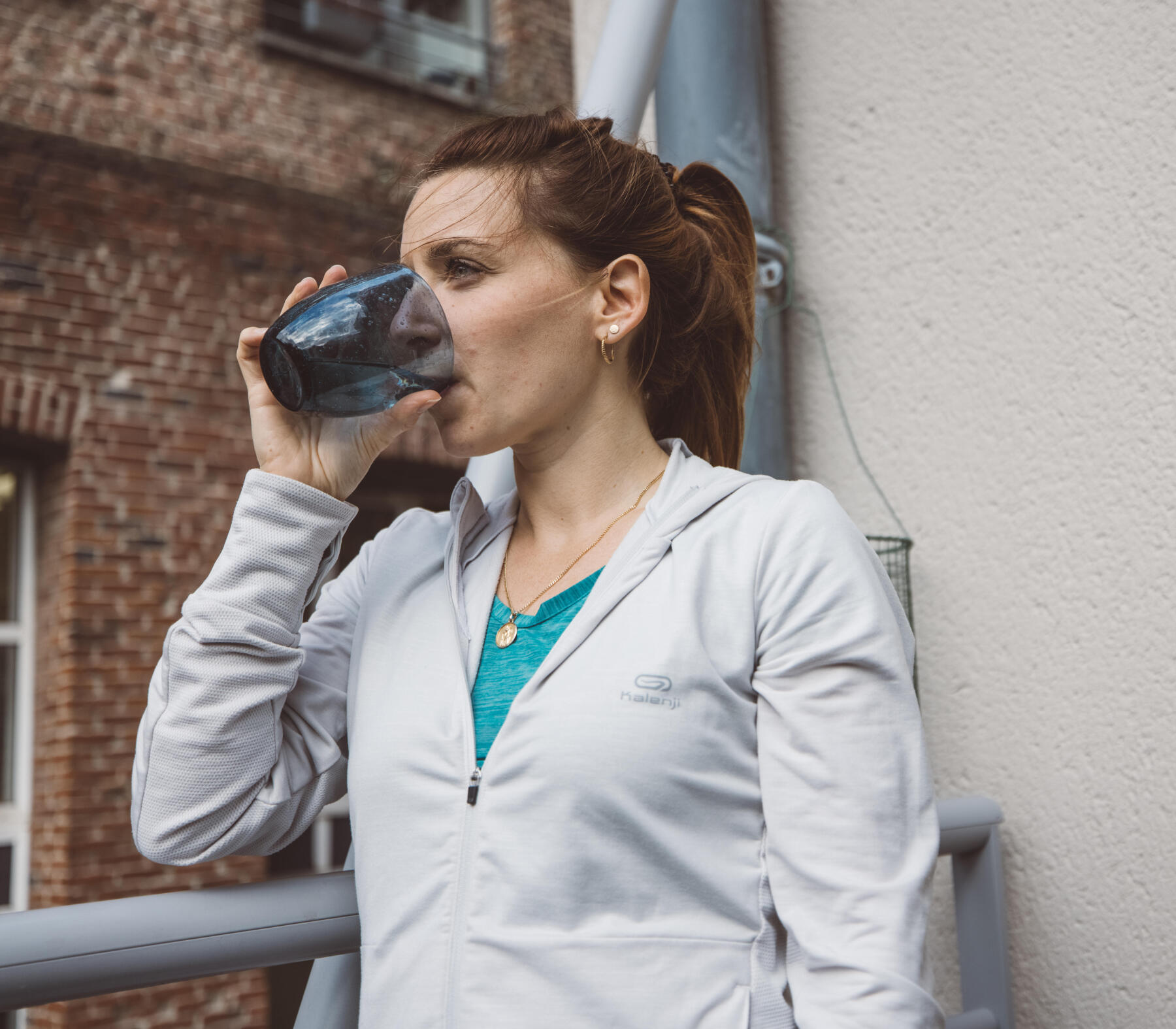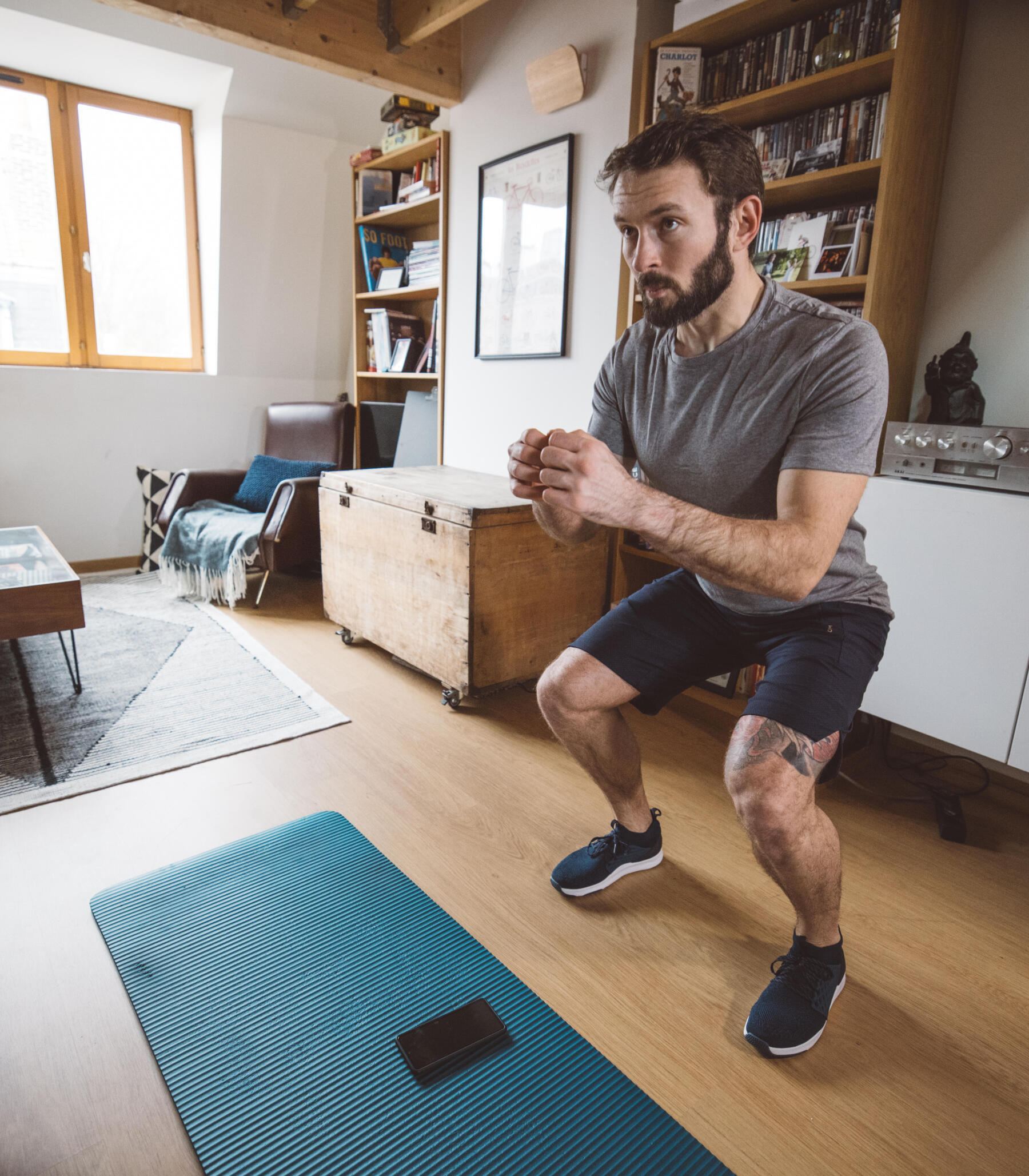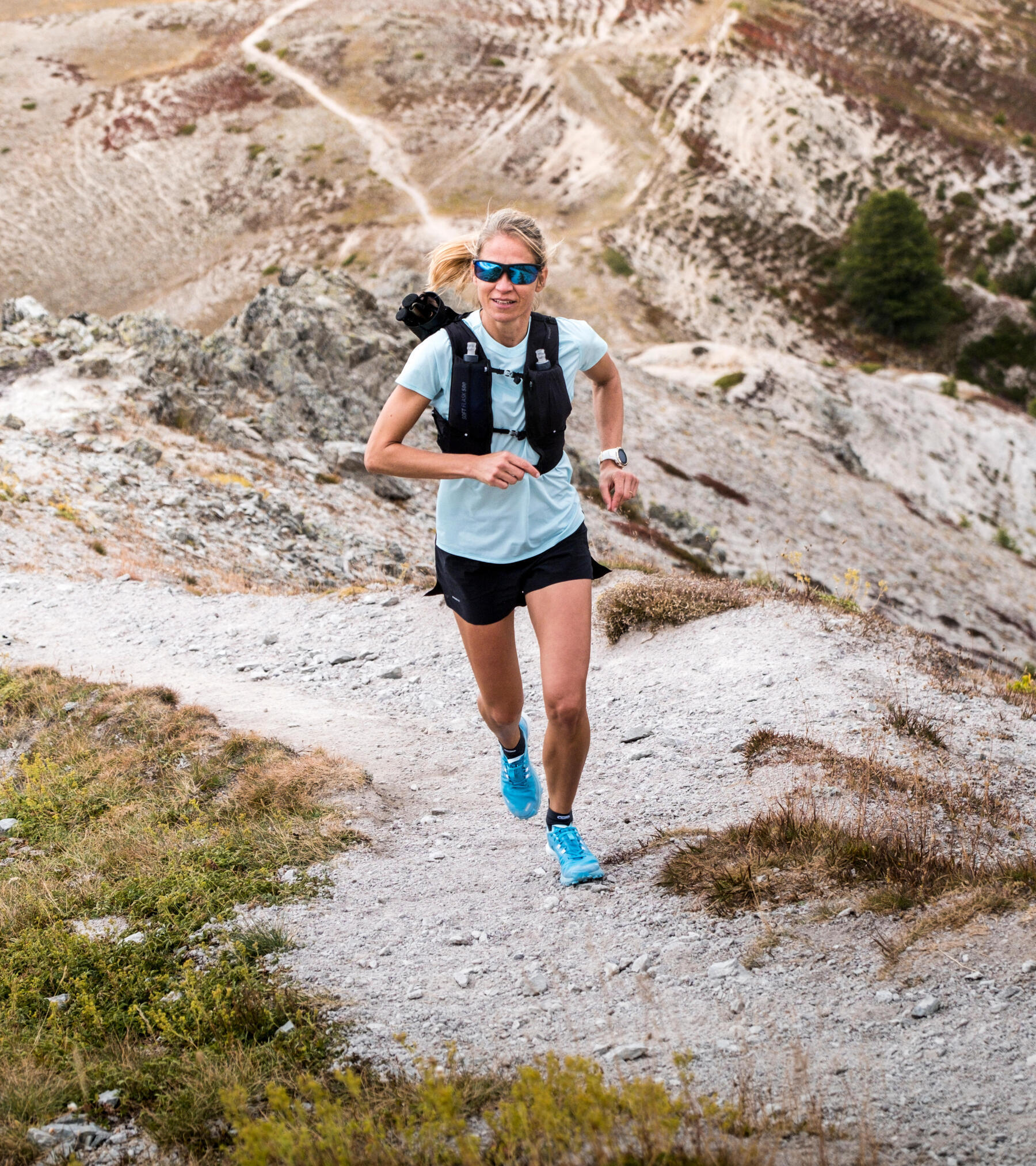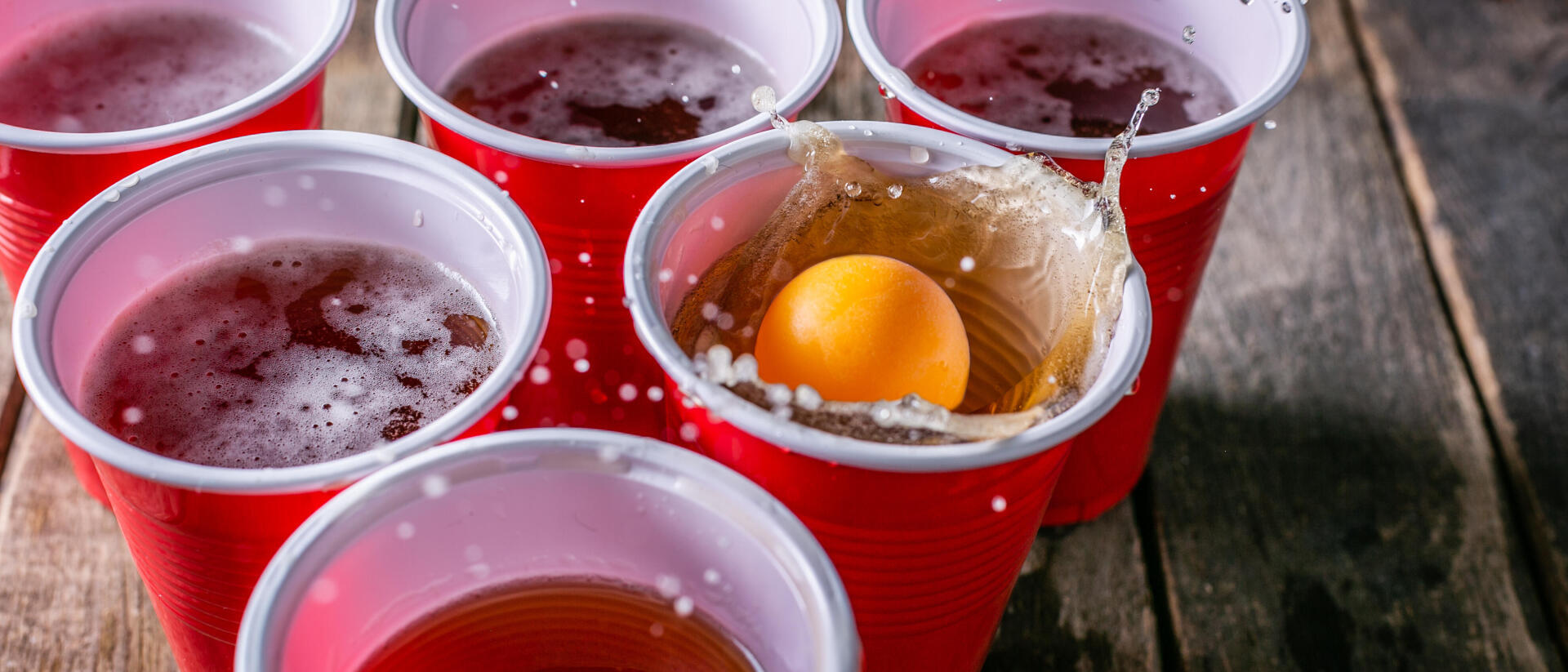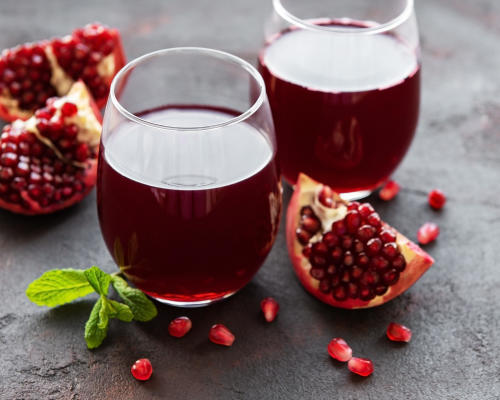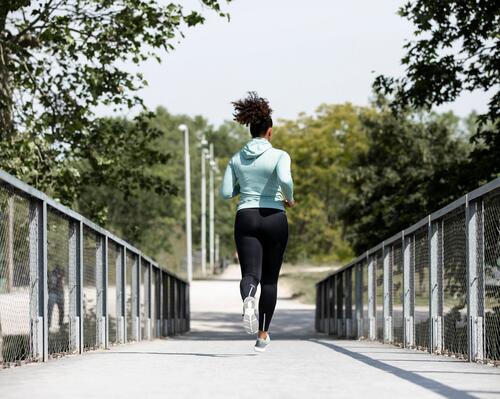Sport after drinking: a healthy thing to do?
Let's look at things in chronological order to see if sport and alcohol are ever a good mix. First, let's consider doing a sports activity after having had a drink or two… Yoann Morvan, a doctor of sports medicine, was game for answering our questions. He doesn't see much benefit to doing sport after putting one or more cold ones away. “Alcohol causes problems with coordination, along with poor balance and effort management”, says Yoann. “After drinking, you aren't able to manage your body in the space around you, and your movements are slower and less precise. The dehydrating effect of alcohol will make you tired faster, and you'll have less strength in your muscles. Your performance will be much less intense. Studies have shown that with just one glass of alcohol, an athlete's performance diminishes.”
Alcohol also has an anxiety-reducing effect, which some might view as a positive thing ahead of a competition. “When you have a drink, it's true that it relaxes you”, says Yoann. “But reducing stress when you're doing sport isn't necessarily a good thing - it plays an important role in performance and stimulates the body. Stress releases hormones that prepare you for certain situations. Drinking interferes with this natural mechanism. When you lower your stress, you also lose some of your reflexes and physical abilities. During a match, for example, you'll have a slower reaction time and won't be able to understand what's happening as quickly or anticipate other players' actions. Your understanding of the environment will be altered, plus your chance of injury goes up: when you're less able to manage your environment and your body, you may move wrong, miscalculate your movements or even just fall.”

